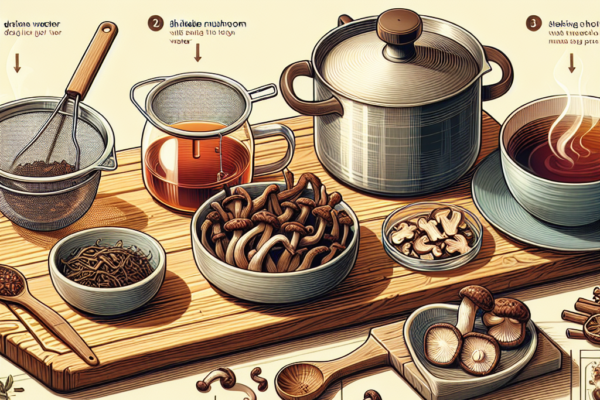Blog
Does Organic Coffee Contain Carcinogens?
As far as food toxins go, most of us are generally aware of what we eat; organic produce tends to be our go-to choice. But coffee often evades this attention – so when a new report reveals even premium coffee can contain carcinogens such as Acrylamide which forms when certain foods are fried or roasted excessively it may pose health risks like kidney damage and liver disease for people who consume too much of it.
But is the coffee you drink each morning containing acrylamide, and does the amount vary by brand? A new investigation by the Clean Label Project revealed such results that may come as a shocker.
Clean Label Project conducted a series of tests on organic and conventionally produced coffee brands, and found that while organic won in terms of most contaminants, some were still present at higher levels than in conventionally-produced varieties. Glyphosate herbicide levels generally exceeded European Union safety limits per 6-ounce serving; some samples exceeded them significantly.
Mycotoxins (toxins produced by mold) and heavy metals were also identified as potential contaminants, with amounts varying by brand, roast level and bean origin. AMPA levels (a metabolite of glyphosate), were lower for dark-roasted coffee than light roasts. Meanwhile phthalate plasticizer levels were highest when sold in pods or cans while bags showed the lowest concentrations.
Avoiding the toxins found in coffee by opting for organic single-origins grown on certified organic farms with stringent growing and quality standards, whole bean instead of ground coffee which is more prone to moisture and oxidation and nitrogen flushed packaging which displaces oxygen to prevent spoilage and mycotoxins formation.



